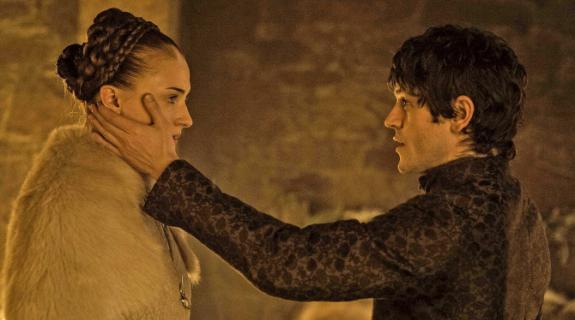Viewers are more likely to tune in to the next episode of a show when they felt feelings of hate toward one of its key characters than when they feel feelings of love, a study by data-analytics start-up Canvs found.
To conduct the study, Canvs looked at 5,709 episodes of 431 comedy, reality and drama series that aired on Nielsen-rated networks — so no streaming services were included — and cross-referenced them with Nielsen ratings and Twitter comments. Nearly 30 percent were new shows, while 70 percent were returning series. The study then placed each episode into one of 56 emotional buckets such as “love,” “beautiful,” “funny,” “hate,” “annoying,” and “boring.”
Turns out that strong feelings of hatred are more likely to drive repeat tune-in than feelings of love: for every percentage point that an episode’s “hate” index increased, a 0.7 percent increase in viewership for the show’s next segment followed. “Love,” meanwhile, only moved the needle 0.3 percent per percentage point for dramas and 0.2 percent for reality shows.
That explains why villains such as Game of Thrones’ Joffrey Baratheon and Ramsay Bolton, The Walking Dead’s Governor and so many more through the years play such a prominent role in so many top TV shows.
“If you can’t stand a Kardashian, you are more likely to watch the show next week,” Canvs founder and CEO Jared Feldman told Variety. “‘Hate’ is largely seen as negative — every network wants to reduce their negative scores on social media — but this study flips that logic on its head. You actually need ‘hate.’”
On the comedy side, however, feelings of “love” and “beauty” were more likely to drive tune-in than “funny,” which Feldman and his team found surprising. That said, when viewers found dramas funny, those shows saw a 0.3 percent increase in viewing.
The study could be both helpful in terms of programming and marketing, identifying particularly compelling storylines and highlighting which moments to promote on-air and on digital and social platforms, Feldman said.
Using this methodology, the company is launching a product called Canvs Viewership Probability, which will predict whether viewership will go up or down for a given show’s next episode. Initially, the company is making the research available to TV network executives, but intends to offer a version that will be appealing to advertisers.
Canvs already has several clients in the TV space, including CAA, Facebook, NBCUniversal, Sony Pictures Television and UTA. Investors include BRaVe Ventures, KEC Ventures, Rubicon Ventures, BRaVe Ventures, Milestone Venture Partners and Social Starts.
Tags:













































__twocolumncontent.jpg)











